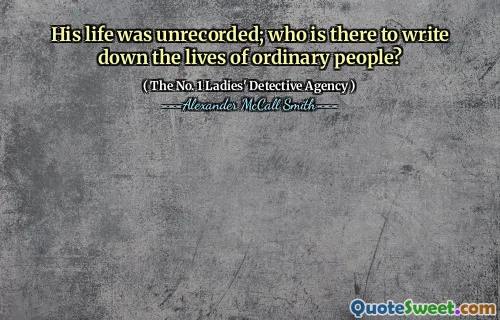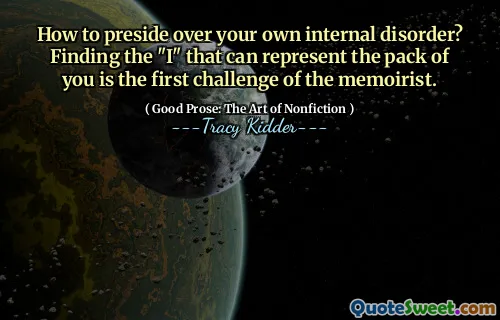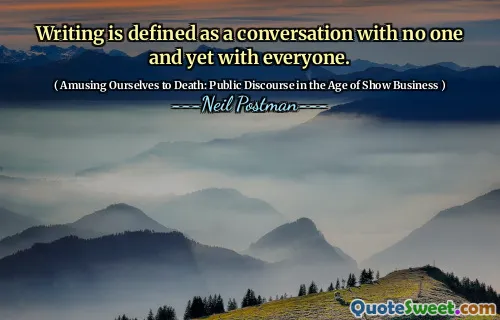Write as if you were dying. At the same time, assume you write for an audience consisting solely of terminal patients. That is, after all, the case. What would you begin writing if you knew you would die soon? What could you say to a dying person that would not enrage by its triviality?
Annie Dillard, in her book "The Writing Life," prompts the writer to consider the profound and urgent nature of their role when faced with mortality. She suggests that if one were to write with death approaching, the focus should be on the essential truths of existence rather than frivolous matters. This perspective encourages writers to confront the weight of their words and the fleeting nature of life with authenticity and depth.
Dillard highlights the importance of connecting with an audience that truly understands the gravity of the situation, particularly terminal patients. Writers should aim to share insights and reflections that resonate deeply, acknowledging the shared human experience of suffering and existential contemplation. This approach requires sincerity and a thoughtful recognition of the realities faced by those who are nearing the end of their lives, ensuring that the message is both meaningful and sensitive to their plight.





